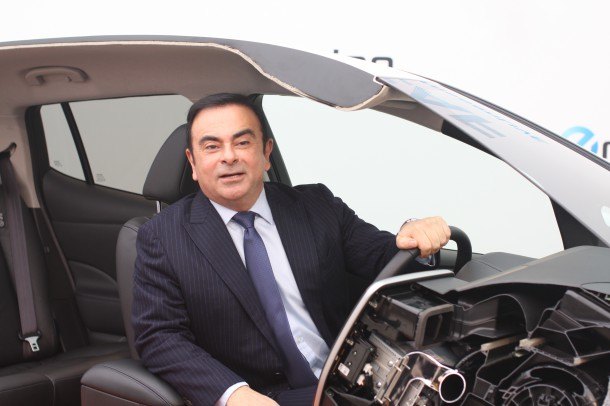#Protectionism
No Fixed Abode: The Perks (And Perils) Of Protectionist Policies
“Like any good capitalist, I firmly believe that automakers need competition to produce their best and most innovative work.” That’s what my colleague and occasional pal Stef Schrader on Jalopnik wrote yesterday, in a column titled Protectionism Is Only Good If You Love Really Terrible Cars. I doubt neither Stef’s sincerity nor her diligence; she hits all the traditional marks in her piece, from Allegro to Trabant, and she does it with style.
I am not a good capitalist. Not any longer.
For most of my life, I was; I’ve been mostly self-employed since I was 19, and I’ve never asked for help from anybody save for three weeks’ worth of unemployment payments in 1995. I always looked at life as a battle that went to the strongest, and I never felt inadequate in the face of the challenge.
Once I became a father, however, I started wondering about my son’s prospects, and the prospects of his contemporaries. What if they didn’t have the strength, or the luck, that I’ve had? Should they be just tossed aside by the global economy, discarded forever just because they couldn’t win a race to the bottom with seven billion other desperate souls?
If the former president of the Miami University Entrepreneurial Society (yes, guilty as charged) can read Adbusters and start worrying about factory conditions around the globe, perhaps that means everything out there is up for grabs. And it’s worth asking the question: Could a new round of protectionist policies, intelligently conceived and applied, change our lives as drivers, consumers, and workers — for the better?
Further Renault-Nissan Integration Blocked By French Government In Power Play
An attempt to bring further integration within Renault-Nissan resulted in the French government tightening its hold on Renault against CEO Carlos Ghosn.
Trans-Pacific Partnership Fears Hover Over Detroit Three
The Detroit Three are among those expressing concern over the Trans-Pacific Partnership free-trade agreement, specifically what it would do to the industry.
Application Of Anti-Monopoly Law On Transplants Raise Chinese Protectionism Concerns
A number of antitrust probes into companies such as Microsoft, Audi and Chrysler may be hinting at China’s preference for domestic firms over the transplants.
Abe Administration Pushes Automakers, Nation Away From Kei Cars
For ages, the kei car has been one of the darlings of the automotive world, owing to its tiny size and equally tiny engine (that also netted owners a smaller tax bill). Alas, Japan’s littlest cars may soon be put in a toy box destined for Goodwill as the nation’s government puts the pressure on both automakers and owners to move toward supporting bigger offerings.
Hammer Time: War Without Tears
The leather still has that fragrant smell of dead thick cow skin and the interior offers a better living space than many Manhattan apartments. It only has 104,000 original miles after 21 pampered years on the smooth roads of North Georgia. Everything about it is world class. But as soon as I utter the name BMW, some of you will be instantly turned off. A Yuppiemobile. A prestigious status symbol loaded with whatever arrogance and hubris the Germans can muster. Not to mention that it’s not a Lexus, or a Jaguar, or a….





















Recent Comments